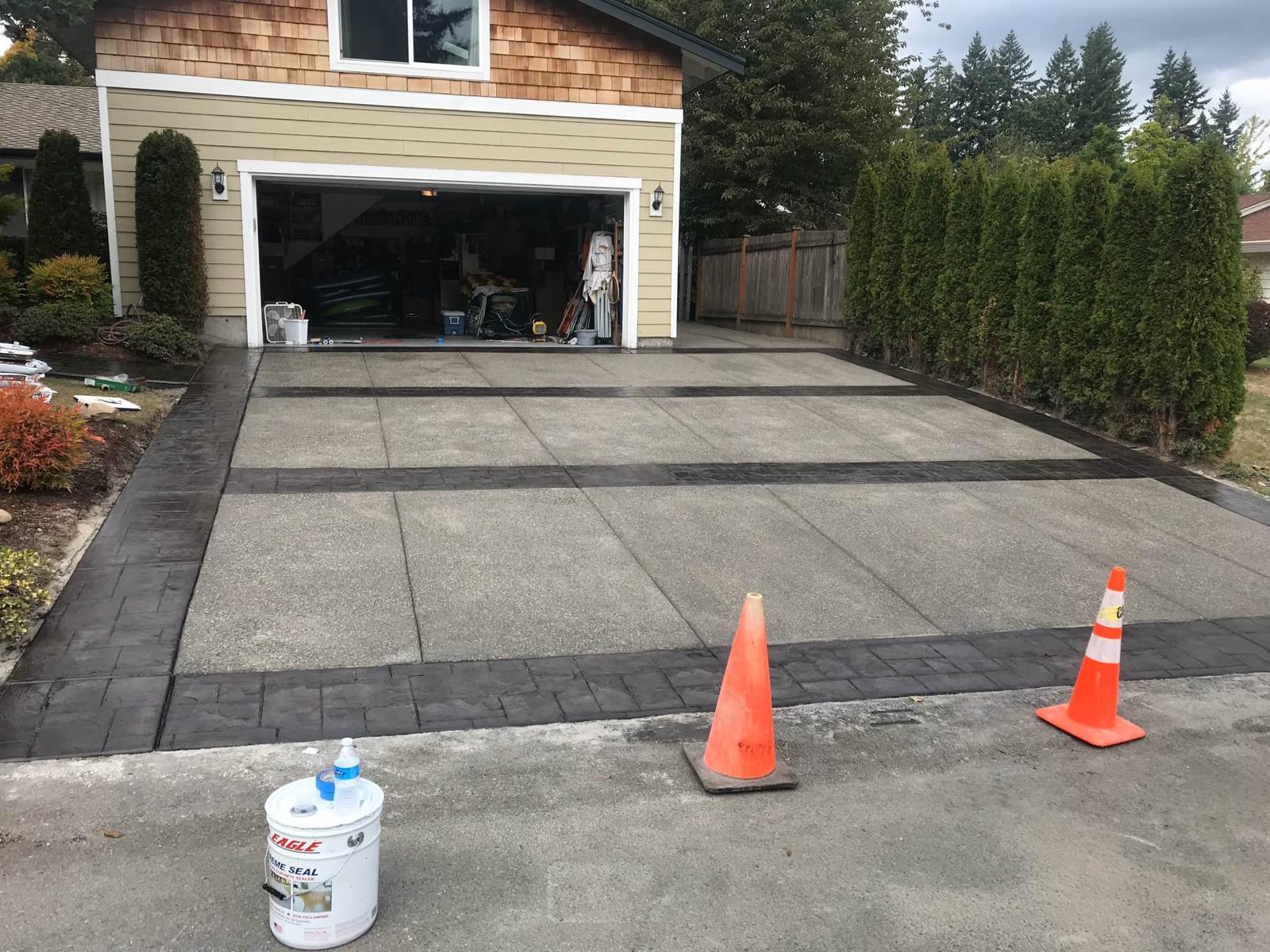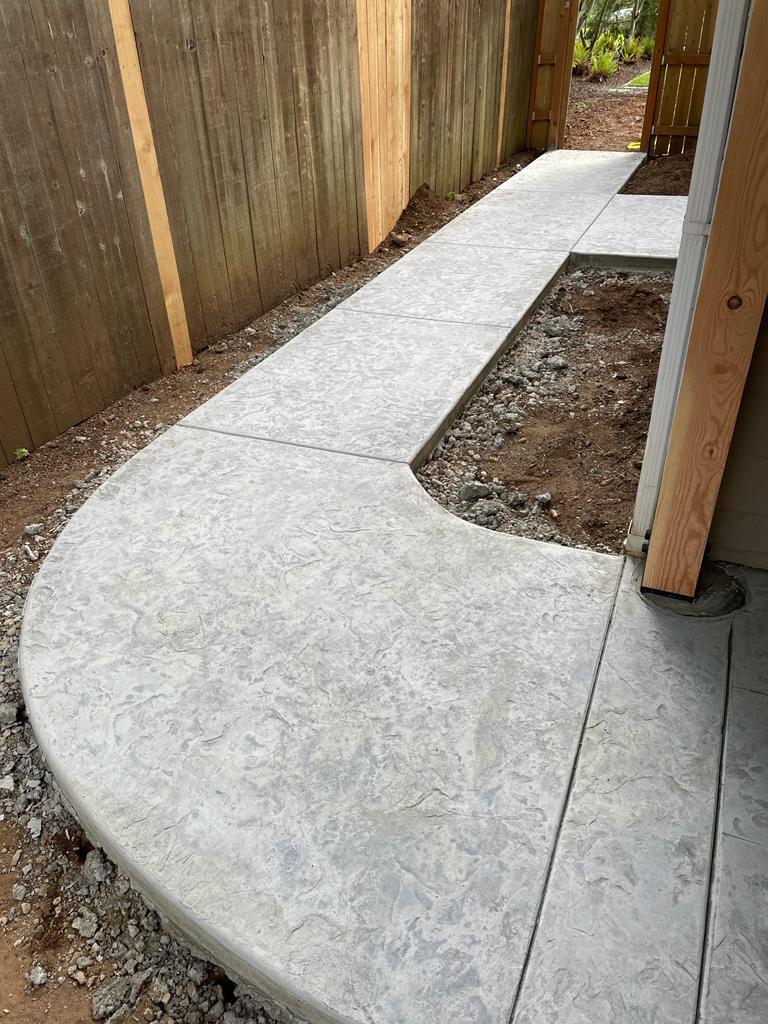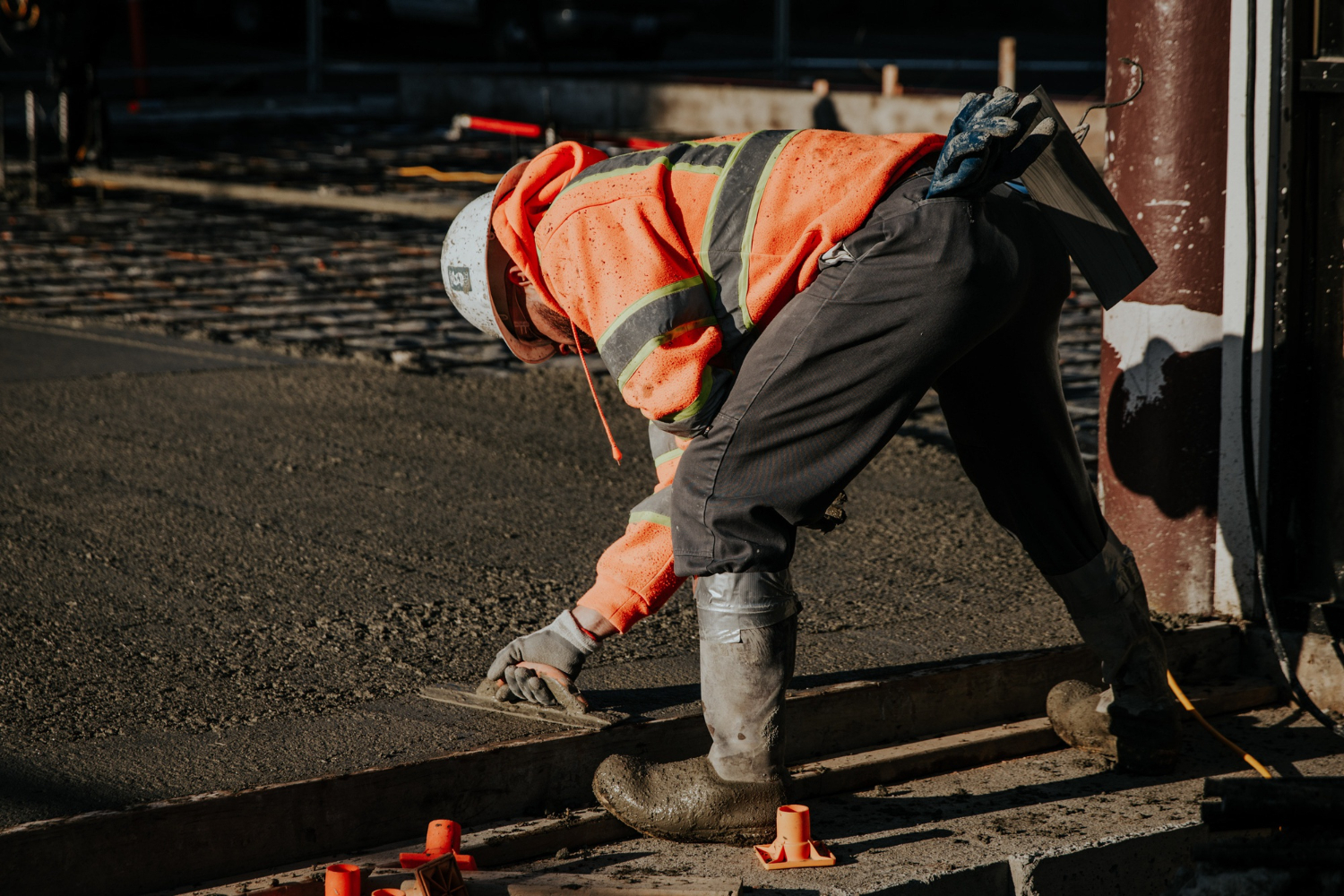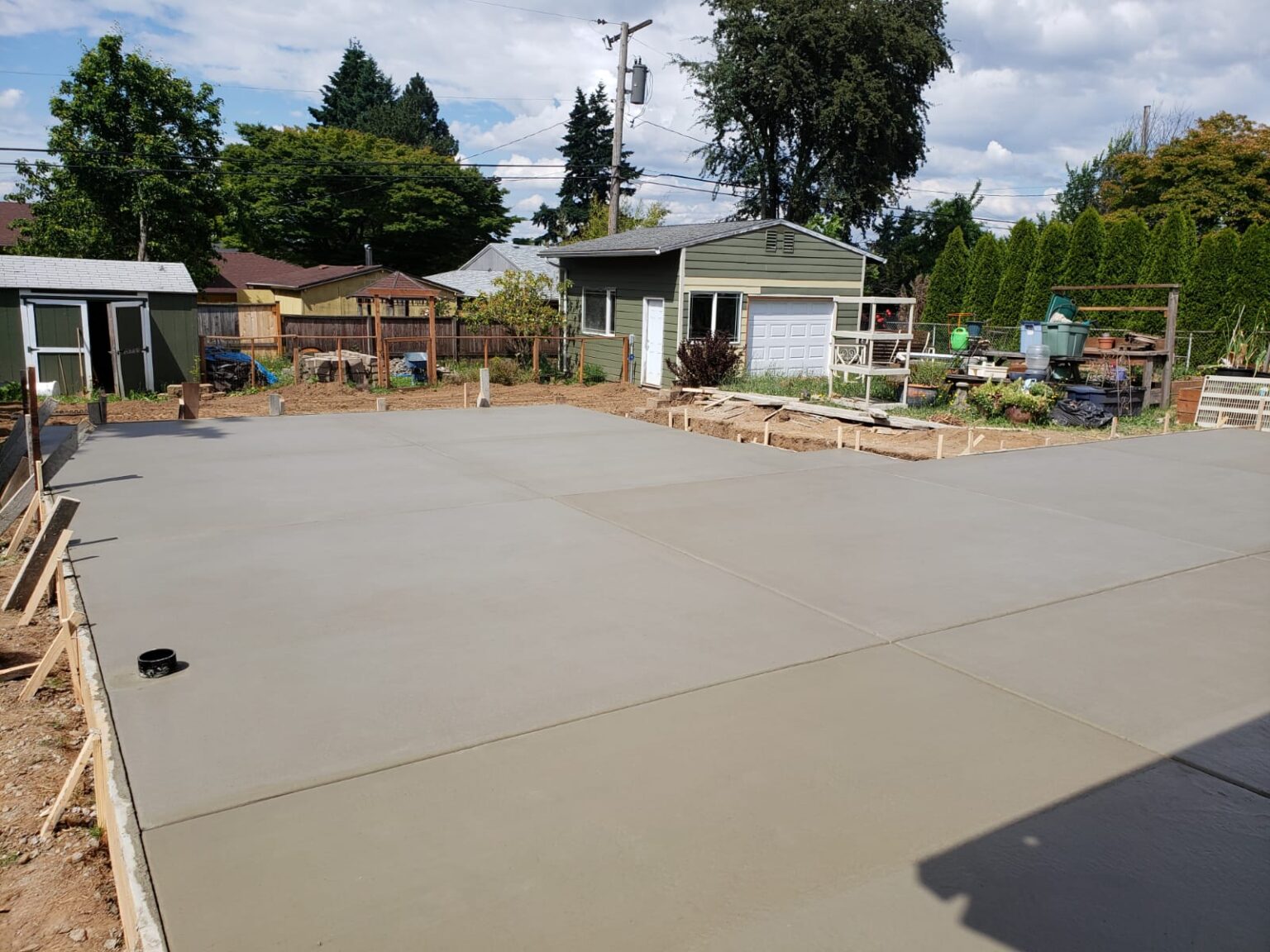When it comes to driveways, homeowners have several options to choose from. One of the most durable and long-lasting choices is a concrete driveway. If you’re considering installing a new driveway or replacing your existing one, here’s what you need to know about concrete driveways.
- Durability and Longevity
Concrete driveways are renowned for their durability and longevity. When properly installed and maintained, a concrete driveway can last for several decades. Unlike asphalt, which may need to be resurfaced or replaced every 10-20 years, concrete can withstand the test of time, making it a cost-effective choice in the long run. - Low Maintenance
Maintaining a concrete driveway is relatively easy. Regular cleaning and sealing can help prevent cracks and stains, ensuring your driveway look its best for years to come. Unlike gravel driveways, concrete doesn’t require frequent regarding, and you won’t have to worry about weeds growing through the surface like with paver driveways. - Design Versatility
Concrete driveways offer a wide range of design options. You can choose from various finishes, such as brushed, stamped, or exposed aggregate, to create a customized look that complements your home’s aesthetics. Additionally, concrete can be colored to match your home or landscape, adding to its versatility and curb appeal. - Environmental Considerations
Concrete is an eco-friendly choice for driveways. It doesn’t emit harmful chemicals or pollutants, and it can be recycled, reducing the environmental impact. Its light-reflective properties can also help reduce energy consumption by increasing natural lighting in your outdoor space. - Strength and Load-Bearing Capacity
Concrete driveways can handle heavy loads, making them suitable for parking multiple vehicles or even RVs. This strength and load-bearing capacity make them a practical choice for homeowners with larger families or those who frequently host gatherings. - Climate Resistance
Concrete driveways can withstand a wide range of weather conditions. Whether you live in a region with scorching summers, freezing winters, or heavy rainfall, a properly constructed concrete driveway will hold up well. It resists cracking due to freeze-thaw cycles and isn’t susceptible to damage from UV rays. - Installation Process
The installation of a concrete driveway typically involves several steps:
• Site Preparation: This includes excavation and grading to ensure proper drainage and a stable base.
• Formwork: Wooden or metal forms are used to shape the driveway.
• Reinforcement: Steel reinforcement may be added to enhance the concrete’s strength.
• Concrete Pouring: The concrete is poured and leveled.
• Finishing: The surface is finished according to the desired texture and appearance.
• Curing: The concrete must cure properly to reach its full strength.
- Cost Considerations
While concrete driveways offer excellent long-term value, they can be more expensive to install compared to some other options like gravel. However, their durability and low maintenance requirements often make up for the initial investment.
Conclusion
Concrete driveways are a practical and aesthetically pleasing choice for homeowners. Their durability, low maintenance requirements, and design versatility make them a popular option for those looking to enhance their property’s curb appeal while ensuring a long-lasting investment. If you’re considering a concrete service, be sure to hire a reputable concrete contractor like Xcelent Concrete Services to ensure a professional installation that will stand the test of time.
Must Read: What benefits of installing a new concrete driveway at your home?




